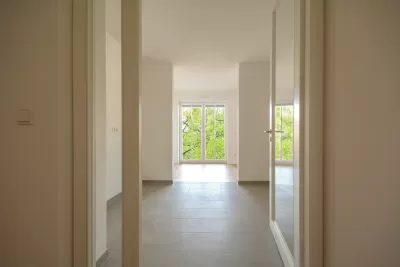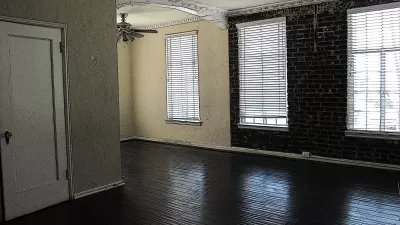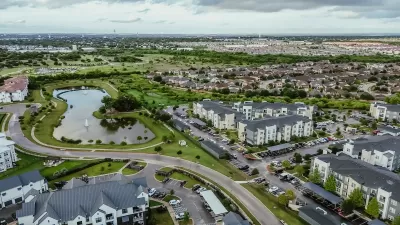All of the nation's largest metro areas are experiencing sharp growth in costs and demand for rental housing, posing even more challenges for low-income renters.

Rent prices, along with demand, are continuing to rise sharply in cities across the U.S. While markets like Phoenix and Boise have seen some of the sharpest spikes, writes Patrick Sisson, "[i]t’s a nationwide phenomenon that’s having a significant impact on housing markets, affordability and access."
All 100 of the nation's largest metro areas have experienced "month-over-month rent growth over the last five months, according to Apartment List economist Christopher Salviati," while Zillow data shows a national increase of 11.5% since last August. Unlike the residential housing market, which spiked early in the pandemic, says data journalist Jeff Andrews, "[t]he rental market is more of a slow matriculation. It takes a while for that backlog of renters to build up who should have cycled out of the market."
This growth coincides with the end of many eviction moratoriums and the end of expanded unemployment benefits. "Landlords are raising rents, and those getting back into the housing market have been shocked by the sharp increases from just a year ago." Meanwhile, "instability is rampant" and "[e]very open unit is flooded with multiple applications." Recipients of rental assistance vouchers are falling even further behind as higher-income renters enter the market and drive up demand.
"Today’s renters are impacted by the echo of the temporary but significant slowdown in new construction after the Great Recession. Those units, unbuilt due to a pause in construction, would have provided more slightly older and affordable options." Although multifamily construction is happening at a rapid pace, much of it caters to high-income renters.
"Salviati says that Apartment List data shows the vacancy rate slightly rising and growth rate slowing, so prices may stop accelerating at such a rapid clip, but there’s no indication prices will reverse, suggesting the affordability issues this rapid rent increase causes will be an ongoing concern."
FULL STORY: What’s Driving the Huge U.S. Rent Spike?

Alabama: Trump Terminates Settlements for Black Communities Harmed By Raw Sewage
Trump deemed the landmark civil rights agreement “illegal DEI and environmental justice policy.”

Planetizen Federal Action Tracker
A weekly monitor of how Trump’s orders and actions are impacting planners and planning in America.

The 120 Year Old Tiny Home Villages That Sheltered San Francisco’s Earthquake Refugees
More than a century ago, San Francisco mobilized to house thousands of residents displaced by the 1906 earthquake. Could their strategy offer a model for the present?

In Both Crashes and Crime, Public Transportation is Far Safer than Driving
Contrary to popular assumptions, public transportation has far lower crash and crime rates than automobile travel. For safer communities, improve and encourage transit travel.

Report: Zoning Reforms Should Complement Nashville’s Ambitious Transit Plan
Without reform, restrictive zoning codes will limit the impact of the city’s planned transit expansion and could exclude some of the residents who depend on transit the most.

Judge Orders Release of Frozen IRA, IIJA Funding
The decision is a victory for environmental groups who charged that freezing funds for critical infrastructure and disaster response programs caused “real and irreparable harm” to communities.
Urban Design for Planners 1: Software Tools
This six-course series explores essential urban design concepts using open source software and equips planners with the tools they need to participate fully in the urban design process.
Planning for Universal Design
Learn the tools for implementing Universal Design in planning regulations.
Clanton & Associates, Inc.
Jessamine County Fiscal Court
Institute for Housing and Urban Development Studies (IHS)
City of Grandview
Harvard GSD Executive Education
Toledo-Lucas County Plan Commissions
Salt Lake City
NYU Wagner Graduate School of Public Service





























